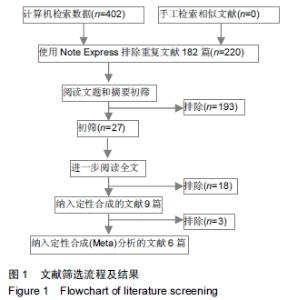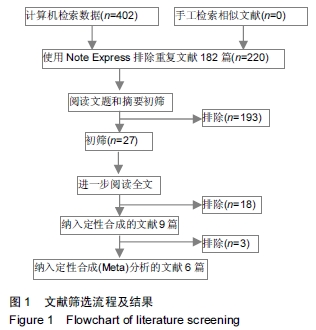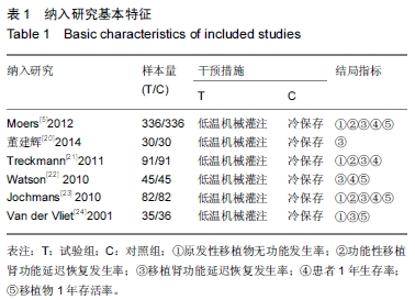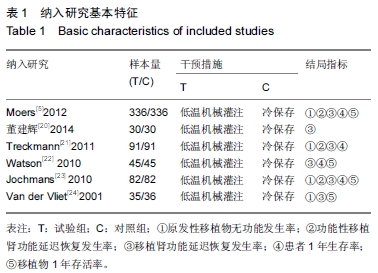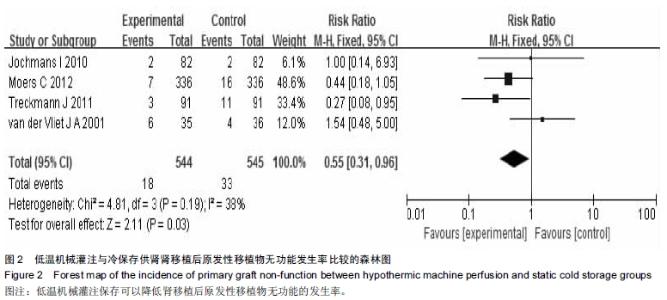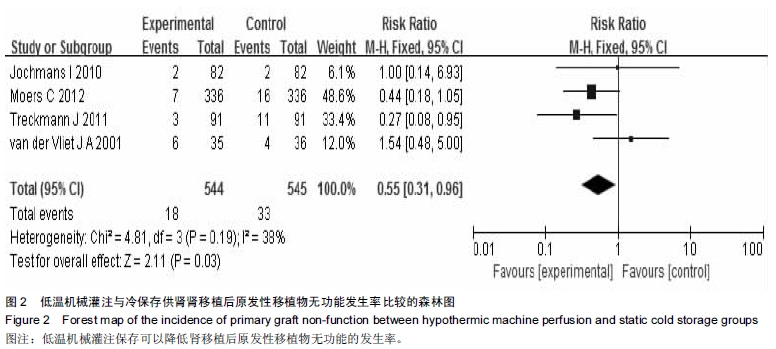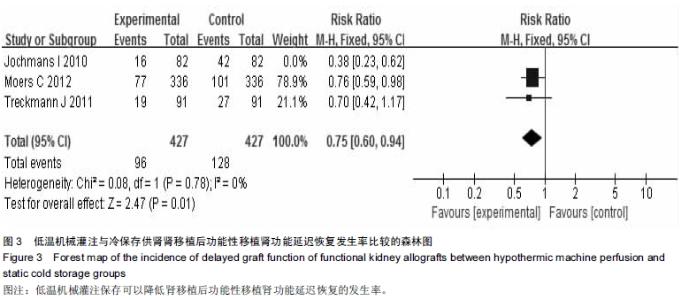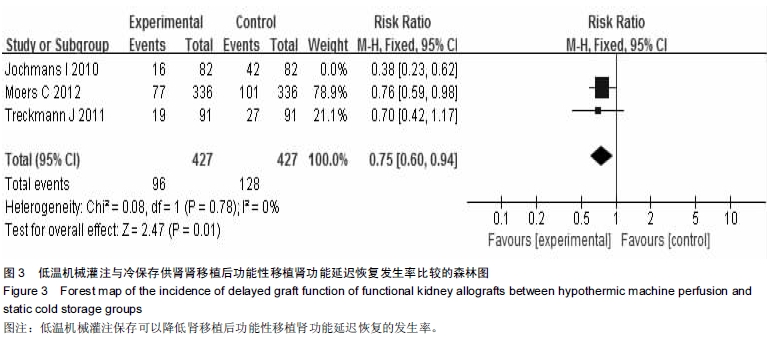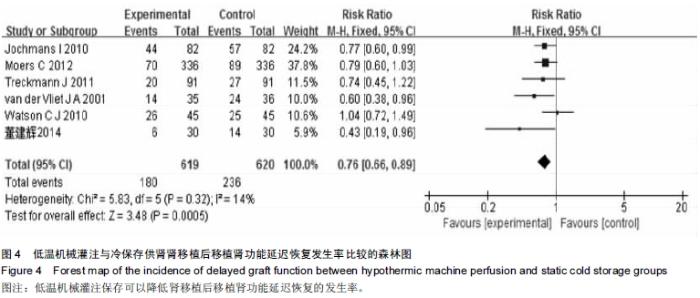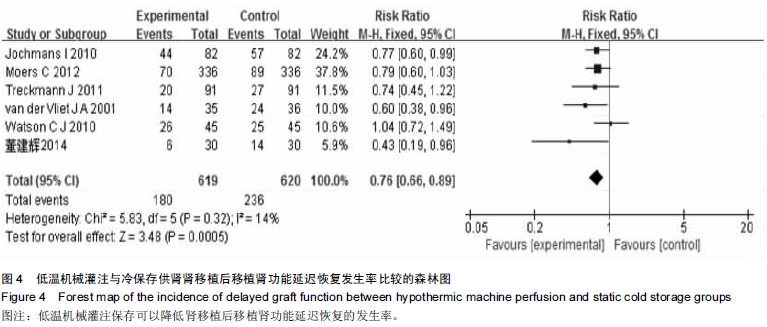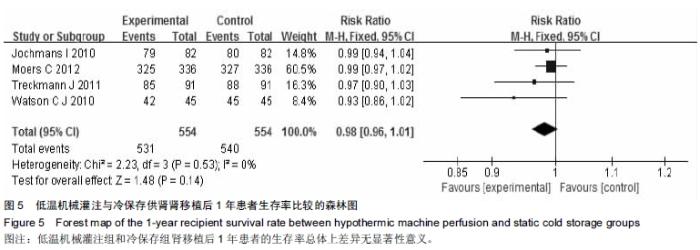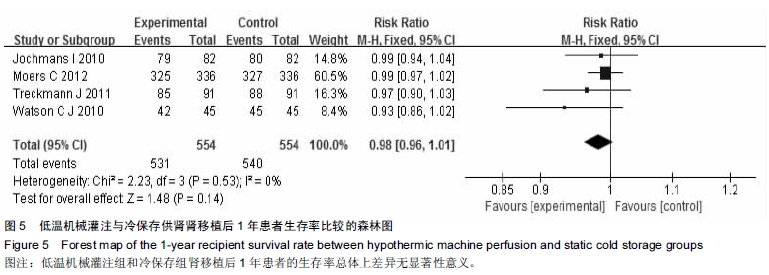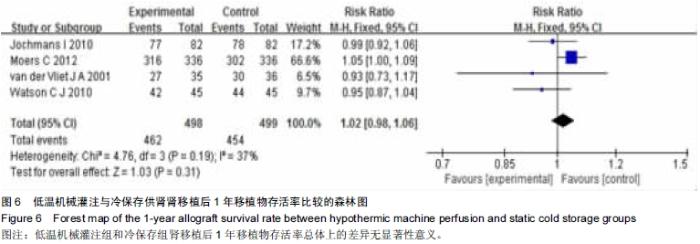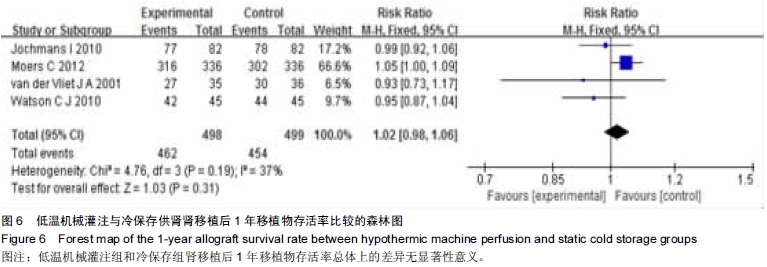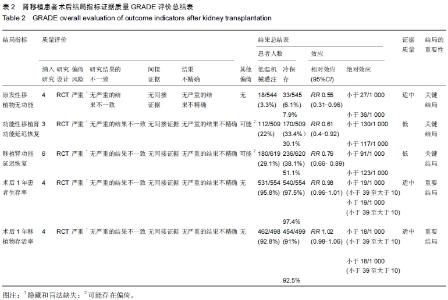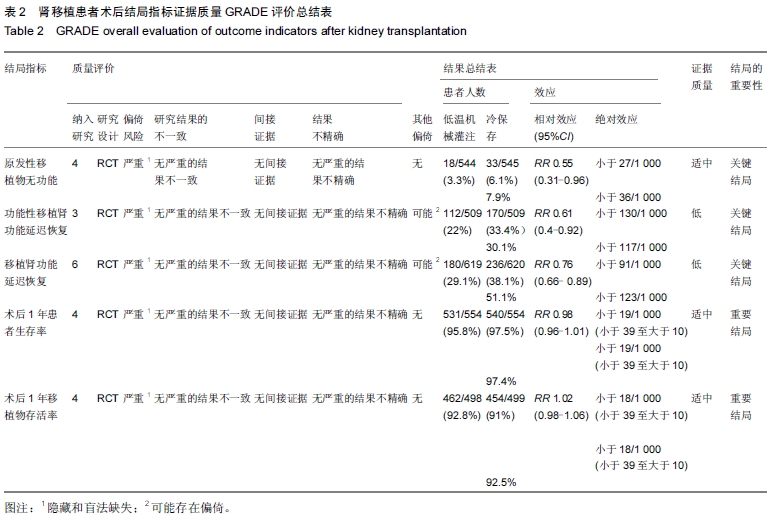| [1] Tzvetanov I, D'Amico G, Benedetti E. Robotic-assisted Kidney Transplantation: Our Experience and Literature Review. Current transplantation reports.2015;2:122-126.
[2] Cavallo MC, Sepe V, Conte F, et al.Cost-effectiveness of kidney transplantation from DCD in Italy. Transplantation proceedings. 2014;46:3289-3296.
[3] Minor T, Paul A, Efferz P,et al. Kidney transplantation after oxygenated machine perfusion preservation with Custodiol-N solution. Transpl Int. 2015 Apr 16..
[4] 刘斌,曾凡军,陈知水,等.心脏死亡器官捐献供者肾移植的近期效果评价[J].第三军医大学学报,2015,37(1):64-68.
[5] Moers C, Pirenne J, Paul A, et al.Machine perfusion or cold storage in deceased-donor kidney transplantation.N Engl J Med.2012;366(8):770-771.
[6] Kwiatkowski A, Wszola M, Kosieradzki M, et al. Machine perfusion preservation improves renal allograft survival. American journal of transplantation: official journal of the American Society of Transplantation and the American Society of Transplant Surgeons.2007;7:1942-1947.
[7] Sharif A. Unspecified kidney donation--a review of principles, practice and potential. Transplantation.2013;95(12): 1425-1430.
[8] 钟自彪,叶啟发,范林,等.应用机械灌注保存心脏死亡器官捐献供肾的效果分析[J].中华移植杂志:电子版,2013,7(1):1-5.
[9] Catena F, Coccolini F, Montori G, et al. Kidney preservation: review of present and future perspective. Transplantation proceedings. 2013;45:3170-3177.
[10] Dikdan GS, Mora-Esteves C, Koneru B. Review of randomized clinical trials of donor management and organ preservation in deceased donors: opportunities and issues. Transplantation.2012;94:425-441.
[11] St Peter SD, Imber CJ, Friend PJ. Liver and kidney preservation by perfusion. Lancet.2002;359:604-613.
[12] Taylor MJ, Baicu SC. Current state of hypothermic machine perfusion preservation of organs: The clinical perspective. Cryobiology.2010;60:S20-35.
[13] Henry SD, Guarrera JV. Protective effects of hypothermic ex vivo perfusion on ischemia/reperfusion injury and transplant outcomes. Transplantation reviews.2012;26:163-75.
[14] Hossain MA, Bagul A. Normothermic perfusion of extended criteria donor kidneys utilizing an ex vivo machine. American journal of transplantation : official journal of the American Society of Transplantation and the American Society of Transplant Surgeons.2013;13:2501-2502.
[15] 袁小鹏,周健,陈传宝,等.机器灌注保存供肾在心脏死亡器官捐赠肾移植中的应用40例[J].中华器官移植杂志,2014,35(5):273- 276.
[16] O'Callaghan JM, Morgan RD, Knight SR,et al. Systematic review and meta-analysis of hypothermic machine perfusion versus static cold storage of kidney allografts on transplant outcomes. Br J Surg. 2013;100(8):991-1001.
[17] Bathini V, McGregor T, McAlister VC, et al. Renal perfusion pump vs cold storage for donation after cardiac death kidneys: a systematic review. J Urol. 2013;189(6):2214-2220.
[18] Lam VW, Laurence JM, Richardson AJ, et al. Hypothermic machine perfusion in deceased donor kidney transplantation: a systematic review. J Surg Res. 2013;180(1):176-182.
[19] 曾宪涛,冷卫东,李胜,等.如何正确理解及使用GRADE系统.中国循证医学杂志, 2011, 11(9): 985-990.
[20] 董建辉,廖吉祥,孙煦勇,等.Lifeport保存心脏死亡器官捐献供肾的临床研究. 临床泌尿外科杂志,2014,29(8):697-700.
[21] Treckmann J, Moers C, Smits JM, et al. Machine perfusion versus cold storage for preservation of kidneys from expanded criteria donors after brain death. Transplant international. Transpl Int. 2011;24(6):548-554.
[22] Watson CJ, Wells AC, Roberts RJ, et al. Cold machine perfusion versus static cold storage of kidneys donated after cardiac death: a UK multicenter randomized controlled trial. Am J Transplant.2010;10(9):1991-1999.
[23] Jochmans I, Moers C, Smits JM, et al. Machine perfusion versus cold storage for the preservation of kidneys donated after cardiac death: a multicenter, randomized, controlled trial. Ann Surg.2010;252(5):756-764.
[24] Van der Vliet J A, Kievit J K, Hene R J, et al. Preservation of non-heart-beating donor kidneys: a clinical prospective randomised case-control study of machine perfusion versus cold storage. Transplant Proc.2001;33(1-2):847.
[25] Moers C, Leuvenink HG, Ploeg R J. Non-heart beating organ donation: overview and future perspectives. Transpl Int.2007; 20(7):567-575.
[26] Jochmans I, O'Callaghan JM, Pirenne J, et al. Hypothermic machine perfusion of kidneys retrieved from standard and high-risk donors. Transpl Int. 2015;28(6):665-676.
[27] Stratta RJ, Moore PS, Farney AC, et al. Influence of pulsatile perfusion preservation on outcomes in kidney transplantation from expanded criteria donors. J Am Coll Surg.2007;204(5): 873-82; discussion 82-84.
[28] Patel SK,Pankewycz OG,Nader ND,et al.Prognostic utility of hypothermic machine perfusion in deceased donor renal transplantation.Transplantation proceedings.2012;44: 2207- 2212.
[29] Deng R, Gu G, Wang D, et al. Machine perfusion versus cold storage of kidneys derived from donation after cardiac death: a meta-analysis. PLoS One.2013;8:e56368.
[30] Groen H, Moers C, Smits JM, et al. Cost-effectiveness of hypothermic machine preservation versus static cold storage in renal transplantation. Am J Transplant. 2012;12(7):1824- 1830. |
